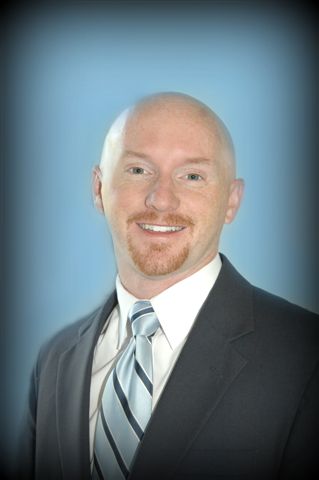- in News by
- |
- 0 comments
Don’t Get Sued by a Zombie!
The Zombie Apocalypse is coming. Even the Center for Disease Control has published tips for how to prepare for an outbreak. Before you take the streets and start hunting down the undead, learn how to avoid getting sued by a Zombie.
What Are Zombies?
This is a difficult question and popular literature and media disagree. In AMC’s The Walking Dead, Zombies are reanimated humans. In other words, they have already died and come back to a semi-state of living—or the undead. Not quite dead, but not quite alive.
In other examples, Zombies haven’t yet died and can be cured. The cartoon, South Park, showed how Zombies could be healed from the curse by killing the original Zombie. Once the original Zombie has been killed, all the other Zombies turn back to normal.
Therefore, there are two main types of Zombies. One has has already died and been reanimated. The other has not yet died, but remains a type of undead that can be cured.
The type of Zombie you are dealing with is important in analyzing how to deal with the Zombies and how to properly defend yourself from an attack.
Some Zombies Are Protected
Zombies who have died and been reanimated can’t be persons under the law. After all, the person who turned into a Zombie has already died. Once they have died, their legal rights as a living person have ceased. Some legal rights remain, but must be asserted by other living persons. For instance, the person’s estate or living relatives must open an estate or bring a lawsuit.
Although there is no law directly on point, I believe that the law would treat reanimated Zombies as corpses. The law treats corpses as a quasi property—or almost property, seemingly property, or apparently property. That Zombie property belongs to the relatives of the Zombie. Additionally, the law does protect corpses from certain mistreatment, like negligent or willful mutilation.
Other Zombies Have Rights
Other Zombies, like the South Park Zombies, would have legal rights. These types of Zombies have not yet fully died. Additionally, these Zombies can return to full humanhood once the spell is broken. That spell can be broken either through an antidote, or cure, or once the main Zombie is killed. The law would treat these Zombies as living beings with a full set of legal rights.
How Not To Get Sued by a Zombie
So what is my advice for how you can deal with a Zombie Apocalypse?
There are two scenarios. The first involves imminent danger. In this case it does not matter what type of Zombie you are dealing with. The law allows you to defend yourself from “death or great bodily harm.” Certainly, “death or great bodily harm” would include being turned into a Zombie yourself. However, you should know that using deadly force to protect oneself from Zombies has never been used in court as a legal defense before.
The second scenario deals with combating the packs of wild Zombies that would roam the earth. Without imminent danger it is not likely that one could simply “hunt” down the Zombies, at least not the ones who have yet to fully die.
With the Zombies who have died and been reanimated, there is no law preventing a second death. However, the law does say that the Zombies will likely be treated as property of the dead person’s relatives. For this group of Zombies, I would recommend against negligent or intentional mutilation. Perhaps even consider a proper burial for any of these types of Zombies you kill.
Dealing with Zombies that have not yet fully died is much more problematic. Killing these types of Zombies, without provocation, might get you sued by the Zombie’s relatives for wrongful death. The problem is that I have found no way to distinguish between a Zombie that has died before they turned into a Zombie from one who has not yet fully died. Without an ability to make that distinction, the best practice is to avoid hunting Zombies and only use deadly force when a Zombie poses a threat of “death or great bodily harm.” Following that rule should keep you from being sued by a Zombie.
I hope you enjoyed this fun article. My firm assists people who have been hurt by other’s negligent actions. If you would like to discuss your case with me, please call 888-510-9359 or visit my website at www.brianmurphylawyer.com. Also read, 3 Things to Know Before Talking to Anyone About Your Car Accident Case or request my free South Carolina Car Accident Claims Guide in Plain English.








